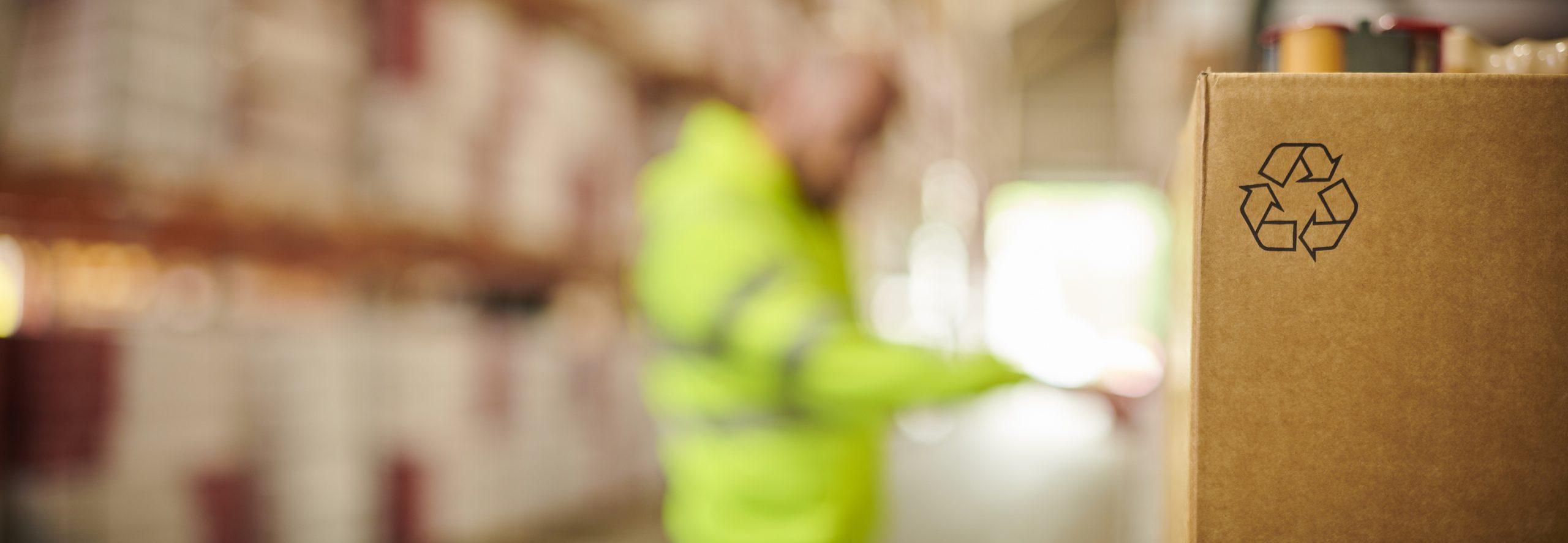As businesses increasingly prioritize sustainability, packaging innovation has become a key area of focus. From eco-friendly materials to circular design principles, the latest trends in sustainable packaging are transforming industries. However, staying ahead in this rapidly evolving landscape requires more than just adopting green practices—leveraging industry intelligence is crucial. By understanding market shifts, consumer demands, and regulatory changes, businesses can not only embrace sustainable packaging but also maintain a competitive edge. In this blog, we’ll explore the top trends in sustainable packaging and why industry intelligence is essential for long-term success.
What is Sustainable Packaging?
Sustainable packaging goes beyond mere recyclability; it focuses on creating materials that can reduce waste, lower carbon footprints, and minimize the use of non-renewable resources.
Sustainable packaging focuses on minimizing environmental impact throughout its lifecycle. Key principles include:
- Life Cycle Assessment: Evaluating the entire lifecycle to identify areas for improvement.
- Reduce, Reuse, Recycle: Minimizing material usage, reusing when possible, and ensuring recyclability.
- Biodegradable and Compostable Materials: Promoting natural breakdown.
- Minimalist Design: Simplifying design to reduce waste.
- Consumer Education: Raising awareness to drive demand.
1. Biodegradable and Compostable Materials
One of the most promising trends in sustainable packaging is the shift towards biodegradable and compostable materials. Traditional plastics take hundreds of years to decompose, contributing to landfills and ocean pollution. Biodegradable alternatives such as polylactic acid (PLA), made from renewable resources like corn starch, break down faster and more naturally. Similarly, compostable packaging can be broken down into non-toxic components that nourish the earth, making them ideal for industries looking to reduce their environmental footprint.
2. Recycled and Recyclable Packaging
Recycled packaging is not a new trend in sustainable packaging, but it’s gaining momentum as brands prioritize the use of post-consumer recycled (PCR) materials. Incorporating PCR materials into packaging helps close the loop in the recycling process, keeping materials in circulation longer and reducing the need for virgin resources. This shift not only addresses environmental concerns but also resonates well with eco-conscious consumers. Brands that highlight the use of recyclable packaging can enhance their green credentials, driving both brand loyalty and sustainability.
3. Minimalist Packaging Design
As part of the sustainability movement, minimalist packaging design focuses on reducing excess materials. By creating packaging that uses fewer resources without compromising functionality, companies can reduce their carbon footprint and material costs. Minimalist design often includes smart engineering to ensure the product is protected while using less material, and often emphasizes natural aesthetics, aligning with consumer desires for simple and eco-friendly products.
4. Innovations in Edible Packaging
Edible packaging, made from substances like seaweed, starches, and other natural ingredients, represents a futuristic trend. While still in the experimental stages for many industries, edible packaging offers the potential to completely eliminate waste. From seaweed-based wrappers to edible coffee cups, this concept could radically transform industries such as food and beverages, where single-use plastics are prevalent. If scalable, it could become a game-changer in the fight against plastic pollution.
5. Smart Packaging Solutions
Smart packaging refers to the use of technology to enhance the functionality and sustainability of packaging. Innovations such as QR codes, RFID tags, and temperature-sensitive inks not only improve the consumer experience but also allow companies to track the lifecycle of their packaging materials. These solutions can help improve supply chain transparency and encourage circularity, where materials are reused or repurposed after their initial use.
6. Reusable Packaging Systems
A growing number of businesses are adopting reusable packaging systems to reduce single-use packaging waste. This is especially common in the food delivery and e-commerce industries, where customers can return reusable containers or packaging for cleaning and reuse. Subscription-based models and deposit schemes encourage consumers to return packaging, fostering a circular economy while lowering the amount of waste entering landfills.
The Importance of Industry Intelligence in Sustainable Packaging
In a rapidly evolving industry like packaging, keeping up with trends, innovations, and regulations is vital for businesses aiming to stay competitive. This is where industry intelligence becomes critical.
1. Staying Ahead of Regulatory Changes
Governments worldwide are increasingly implementing stricter regulations around plastic use and waste management. Businesses that fail to keep up with these changes risk non-compliance, resulting in fines, lost market opportunities, and damage to brand reputation. Industry intelligence helps companies stay informed about new legislation, enabling them to anticipate changes and adapt their packaging strategies accordingly.
2. Spotting New Opportunities
Industry intelligence gives businesses access to insights about emerging materials, technologies, and consumer preferences. For example, knowing that consumers are willing to pay more for eco-friendly products or that new materials are becoming more cost-effective can lead to early adoption of trends, providing a competitive edge. Companies can also identify potential partnerships with suppliers or innovators in sustainable packaging through proactive monitoring of industry movements.
3. Optimizing Supply Chains
Industry intelligence can help businesses optimize their supply chains by identifying cost-effective and sustainable materials or processes. Tracking innovations in smart packaging or recyclable materials enables companies to make informed decisions about suppliers and logistics, enhancing both sustainability and profitability.
4. Mitigating Risks
Being aware of global trends in sustainability can help businesses mitigate risks. For example, as public opinion continues to shift against single-use plastics, companies reliant on traditional packaging could face reputational risks. By using industry intelligence, businesses can identify potential threats early and pivot to more sustainable options before negative press or consumer boycotts arise.
5. Competitive Advantage
Finally, staying informed through industry intelligence allows companies to differentiate themselves from competitors. By understanding the latest advancements in sustainable packaging, businesses can innovate and offer solutions that resonate with environmentally conscious consumers. This positions them as leaders in their sector and strengthens their brand image.
Conclusion
The trends in sustainable packaging landscape is constantly evolving, driven by innovations, consumer demand, and regulatory changes. Adopting trends like biodegradable materials, minimalist design, and reusable packaging is not only good for the planet but also good for business. However, succeeding in this dynamic sustainable packaging industry requires more than just following trends—it demands real-time industry intelligence.
That’s where Cognition comes in. At Cognition, we build, manage, monitor, and analyze data, insights, and content to provide bespoke industry intelligence solutions for businesses of all sizes across the globe. Whether you’re looking to stay ahead of regulatory changes, spot new market opportunities, or optimize your supply chain, our tailored solutions give you the competitive edge you need to succeed.
Contact Cognition today to learn how our expert industry intelligence services can help your business lead the way in sustainable packaging and beyond!






 Hi, This is Emma. Let’s get the conversation started!
Hi, This is Emma. Let’s get the conversation started!